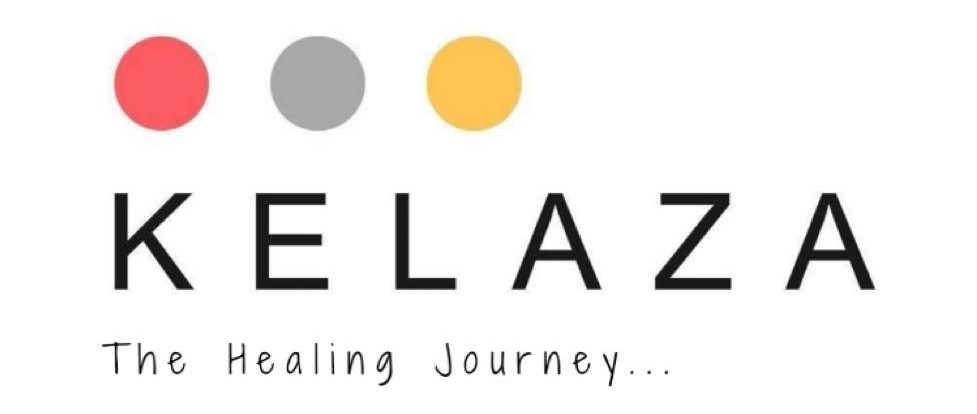Addiction to one substance increases the risk of becoming addicted to others, especially if taken in conjunction with each other to produce different highs. As alcohol is so widely available, the likelihood of combining it with other substances is high. Blackouts caused by alcohol are gaps in an individual’s memory that occur during intoxication. These blackouts occur when a person has consumed enough alcohol to block the communication between short-term and long-term memory in the hippocampus.

Recognizing these health risks can encourage people to take the steps necessary to stop excessive drinking. Those who drink regularly may develop physical dependence, increased tolerance, and adverse side effects. Unlike primary alcohols like ethanol, tertiary alcohols cannot be oxidized into aldehyde or carboxylic acid metabolites, which are often toxic. For example, the tertiary alcohol 2M2B is 20 times more potent than ethanol, and has been used recreationally.
I Quit My Corporate Job to Become a Crossing Guard. It’s Perfect.
And number two, even if it were treatable most, quote-unquote, “addicts,” most people who have substance use disorders, don’t have any interest in getting help anyway, so there’s no point in trying. The more—and longer—people drink, the more they risk developing health problems, such as diabetes, liver disease and even brain shrinkage. Excessive drinking can also lead to high blood pressure, cardiomyopathy and arrhythmia, according to the American Heart Association. Alcohol addiction is 50% heritable, meaning genetics can play a role in the development of alcohol addiction.8 However, other factors, like social environment, mental health, and family history, also contribute to alcohol addiction. Drinking problems also have a very negative impact on mental health. Alcohol abuse and alcoholism can worsen existing conditions such as depression or induce new problems such as serious memory loss, depression or anxiety.
Many potential sources of psychosocial integration like the sharing of food among all members of a community are today seen as incompatible with free markets or otherwise logistically implausible. Instead, each individual is meant to act in his or her own self-interest. According to Alexander, this makes a sense of disconnection not the state of a relatively few members of society, but the condition of the majority.
Alcohol abuse statistics for men
Unhealthy alcohol use includes any alcohol use that puts your health or safety at risk or causes other alcohol-related problems. It also includes binge drinking — a pattern of drinking where a male has five or more drinks within two hours or a female has at least four drinks within two hours. For example, antidepressants, if someone with an alcohol addiction were self-medicating to treat their depression. Or a doctor could prescribe drugs to assist with other emotions common in recovery. It can cause changes to the brain and neurochemistry, so a person with an alcohol addiction may not be able to control their actions. Read here to find out more about the short and long-term effects of alcohol on physical and mental health.
Allegheny Health launched a program in 2020, for example, to increase access in medically assisted treatment in rural and underserved areas in West Virginia. Offering remote treatment “was really groundbreaking,” Henry said, especially in regions with certain geographic and population density challenges. And when you pan out you just see a sea of your favorite colors and you see all of those cheering faces and shouting faces. That’s how many people we lose to overdose every year in this country. I wanted to write about addiction because I see it really as one of the leading public health crises facing the country.
Types of Behavioral Treatments
In a bleak landscape, one way to feel better is to put your hopes into a magnetic leader who makes you feel like you’re a part of something meaningful. Another is to have a mood- or mind-altering substance — anything to numb the pain. This is not a moral failing or a flaw in our brain chemistry (or yours). This is a vast social problem, one that benefits The Donald immeasurably. In such a bleak landscape, one way to feel better is to put your hopes into a magnetic leader who makes you feel like you’re a part of something meaningful.
- Many treatment options exist and can propel those struggling with an alcohol use disorder onto the right path for long-term recovery.
- While many people have experienced this behavior and its effects without consequences, this pleasurable activity may lead to developing a daily habit for some.
- Alcohol use disorder is a potentially fatal disease, characterized by cravings, tolerance (needing more), physical dependence, and loss of control over consuming alcohol.
- More fellowships and more tuition reimbursement programs would lure people into the profession.
- Moderate drinking is defined by the Dietary Guidelines for Americans as no more than two drinks a day for men and no more than one drink a day for women.
This leads to decreased pleasurable effects and alcohol dependence, as the person needs alcohol to feel normal. Excessive alcohol consumption continues to be a serious why is alcohol addicting threat to a person’s health. It’s just as addictive as drug substances, and its use causes various physical, psychological, social, and financial problems.
Exploring Addiction: Why is Alcohol Addictive?
The more a person drinks, the likelier they are to become dependent on alcohol to manage stress and emotions. Preoccupation and anticipation of drinking characterize the last stage. It’s where psychological alcohol dependence becomes the primary driver of a person’s behavior. Ethanol is typically consumed as a recreational substance by mouth in the form of alcoholic beverages such as beer, wine, and spirits. It is commonly used in social settings due to its capacity to enhance sociability. Genetic factors make some people especially vulnerable to alcohol dependence.
- Using alcohol during adolescence (from preteens to mid-20s) may affect brain development, making it more likely that they will be diagnosed with AUD later in life.
- Because denial is common, you may feel like you don’t have a problem with drinking.
- This is known as a psychological addiction because the act of drinking alcohol becomes habitual and they need it in order to feel good or like their normal selves.
- We usually experience failures along the way, learn from them, and then keep going.



Share your feedback about this course